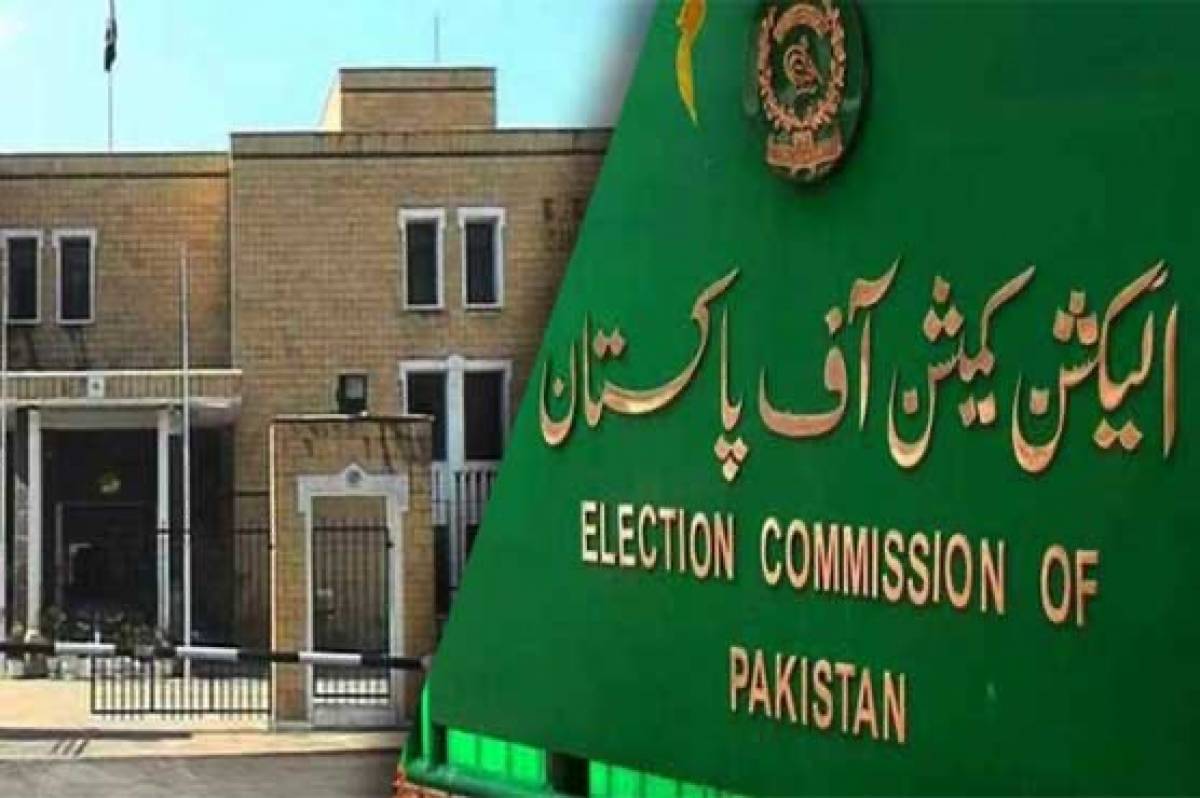The remarkable participation of 49.7% in the by-elections for 20 seats in the Punjab Assembly on July 17 was hailed by the Free and Fair Election Network (FAFEN) as encouraging for “an otherwise faltering democracy in Pakistan.”
The body also observed that PML-unusual N’s admission of defeat might be a move that helps the nation become a vibrant democracy.
In a thorough assessment, FAFEN noted that while isolated reports of brawls and clashes marred the public’s image of the integrity of the election process, the polling day remained mostly orderly and well-managed. It did note, however, that certain stories of violence had been “overplayed” in the media, notably on social media.\
FAFEN emphasized that a parliamentary committee must conduct an unbiased investigation into the PTI’s allegations of rigging and partisanship against the ECP and other government institutions.
A thorough investigation will improve the integrity of future elections and contribute to the ongoing electoral reform process, it was said.
The report stated that the by-elections were instructional for the ECP and other stakeholders in controlling the increasingly divisive tactics and content of party campaigns both before and on election day, not just through traditional procedures but also through social media.
It was noted that the by-elections served as a reminder of the importance of having an effective monitoring and enforcement system in place to ensure adherence to the code of conduct for parties and candidates, prevent any abuse of public funds, and stop any alleged instances of vote-buying and other forms of inducement.
In order to strengthen the electoral climate, tighter legal restrictions must be implemented to deter baseless charges, insinuations, and claims.
The ECP made sure that there were noticeable advances in the polling, tabulation, and result-management procedures, especially by ensuring that all constituencies’ preliminary results, with the exception of the one in Rawalpindi (PP-7), were immediately made public.
According to the research, doing so increased public confidence in the election results and prevented the buildup of political tensions that typically arises from delayed results.
However, due to insufficient legislative and regulatory measures, the ECP’s enforcement remained weak for limiting the campaigning and canvassing on the day of elections through electronic media and social media.
Nevertheless, the number of candidates decreased from 234 (226 men and 8 women) who ran in the general elections in 2018 to 175 (170 men and 5 women) for the by-elections in 2022.
In these constituencies, there were 4,579,898 registered voters, up from 3,842,368 in 2018. Among male voters, the turnout was 53%, down from the general elections of 2018 when it was 60.6%.
Women made up 45.5% of the voting population, which is much less than the 54.0% reported in the general elections of 2018. In comparison to 2018, there were over 60,000 more voters who cast ballots in these by-elections, of whom more than half (37,271) were women.
Mahnur is MS(development Studies)Student at NUST University, completed BS Hons in Eng Literature. Content Writer, Policy analyst, Climate Change specialist, Teacher, HR Recruiter.










